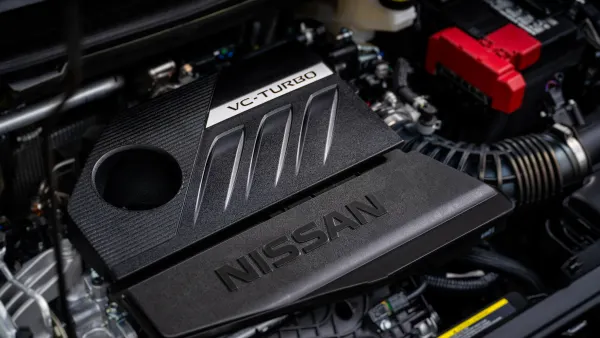Editor's note: This story is part of the WardsAuto digital archive, which may include content that was first published in print, or in different web layouts.
DETROIT – It’s open season when it comes to a new telematics software program from IBM for FleetBoard, a subsidiary of DaimlerChrysler AG, and that is a good thing.
FleetBoard is a leading provider of fleet-management solutions and telematics-based Internet services, which DC relies on to manage its fleet to meet the demands of a just-in-time delivery system.
The new architecture will enable FleetBoard to further strengthen its position in the European market.
It is the world’s first open-standards telematics software platform solution for commercial vehicles. Using IBM and OSGi technology, it is based on the specifications and technology of the OSGi Alliance.
International is using an IBM open-standards system in its truck fleet.
OSGi is the only open standard available worldwide for embedded devices. Open standards make it exponentially easier to update a fleet-management program because it means there are no proprietary or licensing issues.
Open computing standards allow all applications of all languages to converse with IBM’s program as the middleman, so the end result is a single voice.
The new software aids DispoPilot, an onboard computer that helps the drivers of commercial vehicles by providing global positioning and everything from navigational aid to taking orders, scheduling journeys and monitoring the shipment.
Information and data can be transferred between the FleetBoard Telematics Center and vehicles via mobile, handheld computers with touch screen and scanner.
The open-standards-based embedded platform makes it quick and inexpensive to download new software in a world where updates are needed to stay abreast. There are no interruptions to commercial-vehicle routes to download new information. The onboard computers store key data and enable drivers to send back status reports.
The result, IBM says, is fleet managers can save thousands of dollars annually, per vehicle, due to reduced fuel consumption, less downtime and reduced administrative costs.
While OSGi is more entrenched in Europe, the expectation is eventually it will be global.
In North America, International Truck and Engine Corp. announced in April 2003 it was having IBM develop interactive communications services for its commercial vehicles. Slated to debut this year, IBM is working to provide interactive, wireless communications to deliver information to and from the fleet in real time.
It is being rolled out over three years in a bid to increase vehicle uptime by monitoring the fleet and providing diagnostic services to reduce unscheduled and costly downtime.
It also is based on open standards, including middleware for embedded devices in vehicles.
Currently there are 83 million commercial vehicles in service in the U.S, with an estimated 25 million in Europe and another 20 million in Japan.









